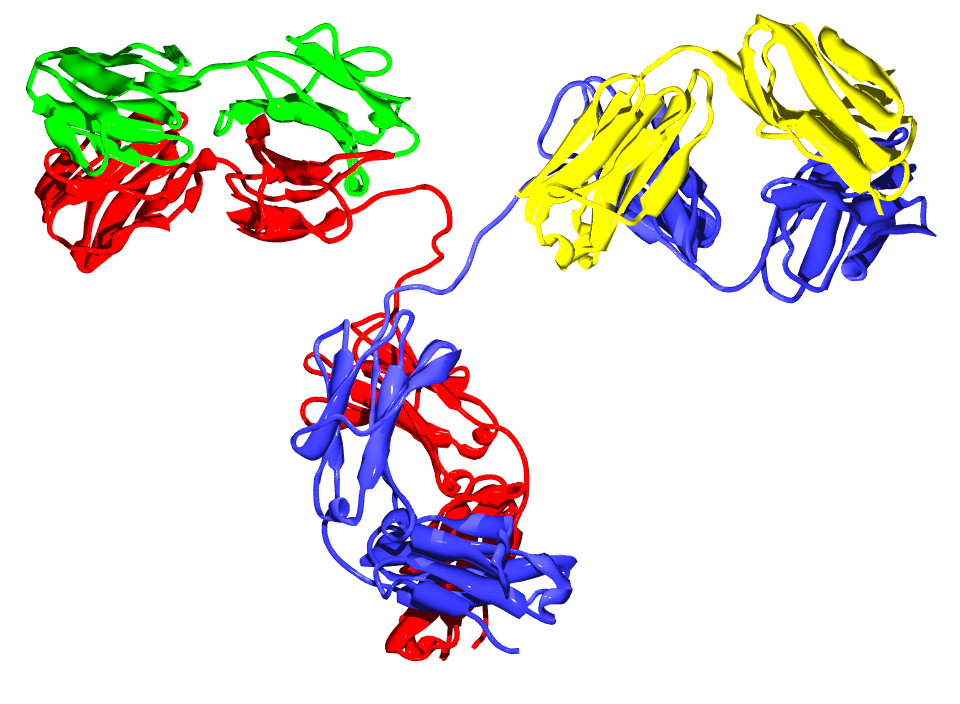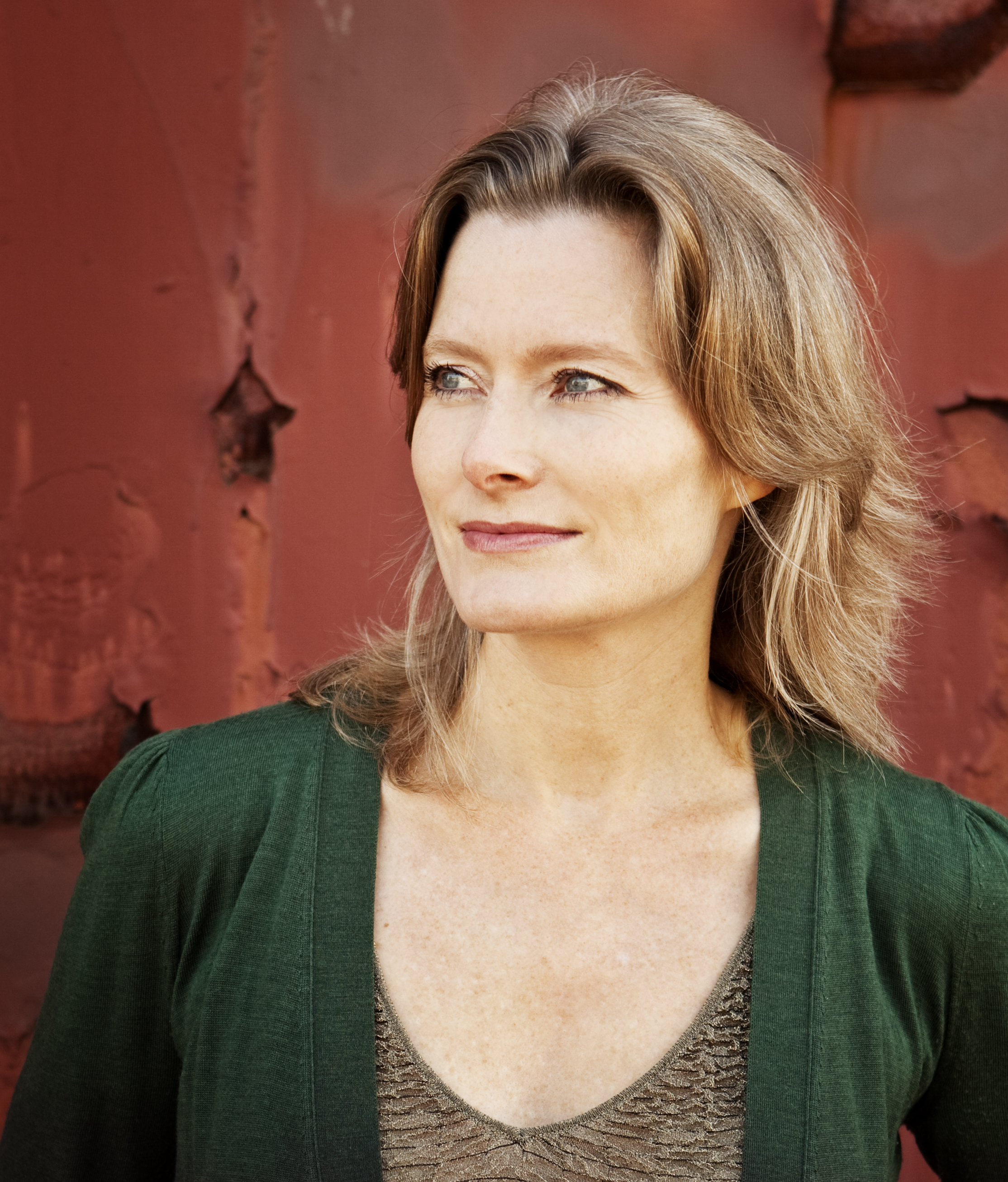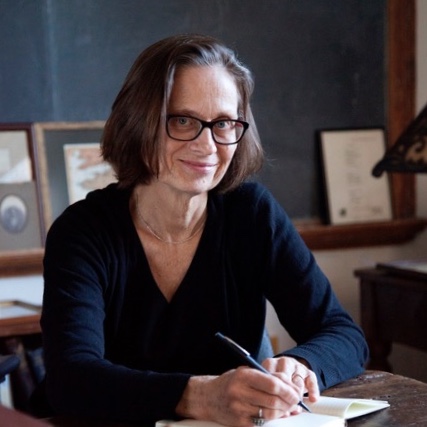Interviews
Facing Fifty: Feminist Press at the Dawn of a New Era of Publishing — Two Interviews
Florence Howe founded Feminist Press in 1970. Its mission was to redress the sexism of mainstream literary institutions. The press has remained independent and mission-driven throughout its nearly fifty-year existence. It has remained both radical and solvent (with sales up 80% since 2015). It has also remained mostly unacknowledged in narratives about late-twentieth-century literary institutions.
In Merchants of Culture (2010), John B. Thompson argues that, beginning in the late-1950s, New York-based trade press founder-owners who were nearing retirement conceded to a wave of mergers and acquisitions that reshaped publishing from "a field where there had once been dozens of publishing houses" to a field where a few corporations acted as umbrella organizations for houses-turned-imprints that operated with varying degrees of autonomy. Whether in Merchants or in industry memoirs like André Schiffrin's The Business of Books (2000), Jason Epstein's Book Business (2001), or Robert Gottlieb's Avid Reader (2016), this narrative usually ends with a prediction that small, independent presses will make a comeback.
As a press that has remained small, independent, and in New York (Old Westbury until 1985, then midtown Manhattan), Feminist Press has a unique perspective on this shifting landscape. It has consistently brought underrepresented voices to what Jennifer Baumgardner calls their "rightful readers." Beginning with Florence Howe's partnering with Tillie Olsen to recover such out-of-print classics as Rebecca Harding Davis's Life on the Iron Mills (1861) and continuing into the current era of supporting the careers of writers whose work has been stifled by corporate publishing, Feminist Press is a publishing house that both honors its founder's vision and, according to a recent Publisher's Weekly headline, is "seizing the moment."
The following conversations took place between July 2017, on the occasion of Jennifer Baumgardner's stepping down as Executive Director and Publisher of Feminist Press, and July 2018, on the occasion of the one-year anniversary of Jamia Wilson's tenure as FP's ED and Publisher. The conversations focus on changes in the press's commitment to its mission, the press's connection to academia, the virtues and limitations of intergenerational partnership, and the strategic and organizational thinking that produces such bottom-line successes as an 80% increase in sales.
Autumn Cahill performed the initial transcription of the audio.
Itinerant Feminist: A Conversation with Jennifer Baumgardner
Intergenerational Feminist: A Conversation with Jamia Wilson







